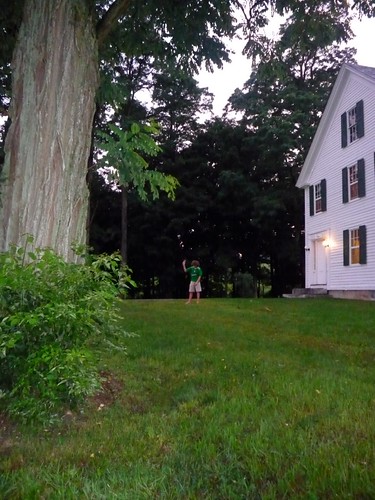Liberal leader Peter Dutton claims ABC’s ‘biased’ reporting on Voice to Parliament has done No case ‘enormous favour’
Dutton #Dutton

Opposition Leader Peter Dutton claims the ABC has done an “enormous favour” to the Voice to Parliament No campaign.
Following his address to the Pastoralists and Graziers Association of Western Australian on Thursday, Mr Dutton engaged in an Q&A and said the ABC’s pro-Voice bias was “so obvious” and its reporting “so skewed” that it had helped turn voters against the proposed constitutional reform.
“I think, ironically, the ABC has done the No case an enormous favour, because their bias is so obvious and their reporting so skewed that people realize that something is awry here,” he said
Mr Dutton pointed out that Prime Minister Anthony Albanese had started the Voice campaign with 60 per cent support from the Australian public and had turned that into 40 per cent.
“Now that’s quite an achievement over the course of the last 15-16 months, but he hasn’t done it all by himself,” the Opposition Leader said.
“Average normal Australians know that they have been fed a diet that just goes against your instincts.
“Australians have got a lot of common sense, and I think ultimately, the work the ABC does has helped people decide that they’re not going to vote for this change to the Constitution and the biased reporting I think sees people switch channels.”
Mr Dutton isn’t the first opponent of the Voice to accuse the public broadcaster of bias.
Country Liberal Party Senator Jacinta Price has accused the ABC of being “absolutely biased” on indigenous affairs coverage, and claimed she has been “treated with contempt on many different platforms”.
“My experiences with ABC interviews are often hostile and I’m treated with contempt on many different platforms, whether it’s ABC Breakfast, or whether it’s RN, (Patricia) Karvelas and (Hamish) McDonald,” she said during an interview on ABC Radio Adelaide.
In April Senator Price engaged in a heated exchange with ABC boss David Anderson over a 17 minute interview on ABC RN Breakfast in which Voice architect Noel Pearson launched a serious of scathing attacks against the Indigenous Parliamentarian.
“In November Patricia Karvelas, interviewing Noel Pearson, chose to listen to his views on me being described as trapped in ‘a redneck celebrity vortex’ … and that I was being used by right-wing think tanks to ‘punch down on blackfellas’,” Price told Anderson.
“At no point did Ms Karvelas attempt to intervene and/or challenge Mr Pearson‘s views but accepted them wholeheartedly.”
In its formal response to the Senate Estimates questions, the ABC noted that Senator Price had “declined to be interviewed” on the day, and there had been multiple unsuccessful attempts to get her to appear on Karvelas’ program.
In response, the Northern Territory Senator told The Australian it was “evident which side of the fence” the ABC was on in the Voice debate.
“It appears to me that Radio National is making this debate about Aboriginal people predominantly supporting the Yes case,” she said.
In August ABC management sent an email to staff with instructions on how to handle “misinformation” in interviews about the Voice.
The instructions, prepared by former ABC 7:30 host Leigh Sales, included the assertion that the Uluru Statement from the Heart was only a “one-page document” as well as tactics to quash arguments to the contrary.
This came after Sky News host Peta Credlin revealed documents from the National Indigenous Australians Agency, obtained through a freedom of information request, showing an additional 26 page manifesto attached to the Uluru Statement which included references to treaty and reparations.
Credlin’s claim was backed up by multiple statements from Uluru Dialogue co-chairs Pat Anderson and Megan Davis, who had both publicly said the Uluru Statement was longer than a single page.
Despite this, Credlin’s claim was labelled as “false information” on Facebook by RMIT Fact Lab – a label disputed by none other than ABC Media Watch host Paul Barry.
Criticising both Facebook and RMIT Fact Lab for the decision, the Media Watch host said Credlin’s claims should have been labelled “disputed”.
“The Uluru statement is expressed on one page, but there are many more pages of notes and background… where matters like a treaty and reparations are raised,” Barry said.
“So should Facebook have labelled [Credlin’s] claim false? A spokesperson for Meta told Media Watch it wasn’t us: ‘This fact check was applied by an independent fact checker and not Meta’.
“And that is true, but it was Meta that slapped it on. And given that there may be some point in what Credlin is saying, we think a disputed label would be more appropriate.”
Facebook’s parent company Meta subsequently suspended its partnership with RMIT FactLab after a lengthy investigation by Sky News Australia found the body had breached impartiality requirements and had failed to renew it’s certification with the International Fact Checking Network.